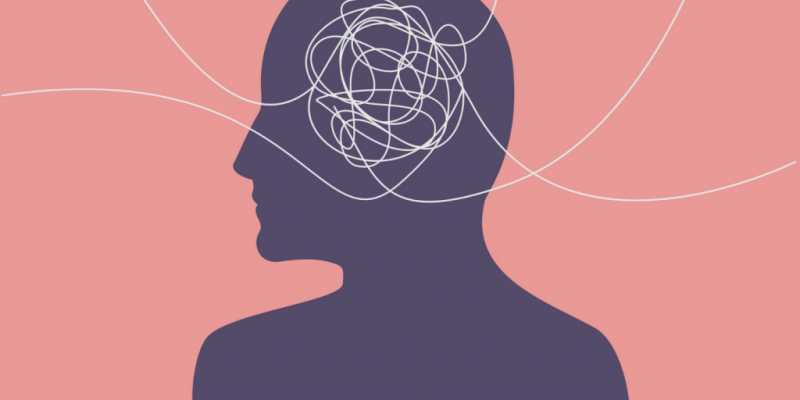Online psychotherapy in Ethiopia: an overview

In a country where mental illness is especially stigmatized, & poverty (itself a risk factor) is prevalent, online psychotherapy can help in more ways than one.
Online psychotherapy, known by many names including virtual therapy, tele-therapy and cyber-counseling, entails the provision of mental health services over the World Wide Web.
Among mental illnesses that can be reliably treated with online therapy are addiction, anxiety disorders, bipolar disorder, and depression.
Over the years, online therapy has started showing increasing promise in many areas, and it is my belief that it will be of even greater importance in countries like ours, for which I make my case as follows.
A simple Google search of psychotherapy clinics in Ethiopia spews out dozens of clinics found in different parts of the country.
However, this was not the case many years ago. It is safe to say that psychology generally still lags behind other fields, with only three government hospitals with a functional psychiatry ward.
Arguably, this is in large part due to lack of awareness among the general public on the susceptibility of mental illness to therapy and medication, and resorting to spiritual alternatives, which are rife in our society.
Mental illness is largely misunderstood, if not, linked with malevolent spiritual entities. Hence, this creates stigma, which in turn puts more pressure on sufferers of mental illness, preventing them from seeking professional help.
Online therapy can be of great use in this regard as it enables to connect such people and professionals through the Internet.
Many people suffering from mental illness avoid social settings as much as possible. Individuals diagnosed with general anxiety disorder choose not to leave their homes; clinically depressed individuals tend not to be in the company of others; a wide variety of phobias as well as panic disorders make it deeply distressing if not virtually impossible to be in the public light; diagnoses characterized by hallucinations may require frequent meetings with therapists and psychiatrists while ironically the rich stimulus (especially among urban-dwellers) that these patients will be exposed to while they go to and from their sessions can only serve to fuel or ‘enrich’ the same hallucinations.
Apart from poverty being a modifiable risk factor for a variety of mental illnesses, the vast majority of the population living in our country is on the middle- to lower-income end of the society, which automatically makes affordability a crucial part of any commodity or service, including therapy. Moreover, one of the hurdles to engaging in any independent enterprise in our country is the high cost of housing which is partly caused by inflation.
Online therapy helps overcome this problem, as both parties can interact with each other from the comfort of their homes.
Since the advent of the Covid-19 pandemic, schools and businesses have either closed, or shifted to the Internet due to the lockdowns imposed in our country for almost two years now.
These lockdowns may prevent individuals suffering from mental illness from seeing their therapists, making online therapy a very useful alternative.
Finally, online therapy creates a hub for therapists and people with mental health issues to communicate from different corners of the world.
